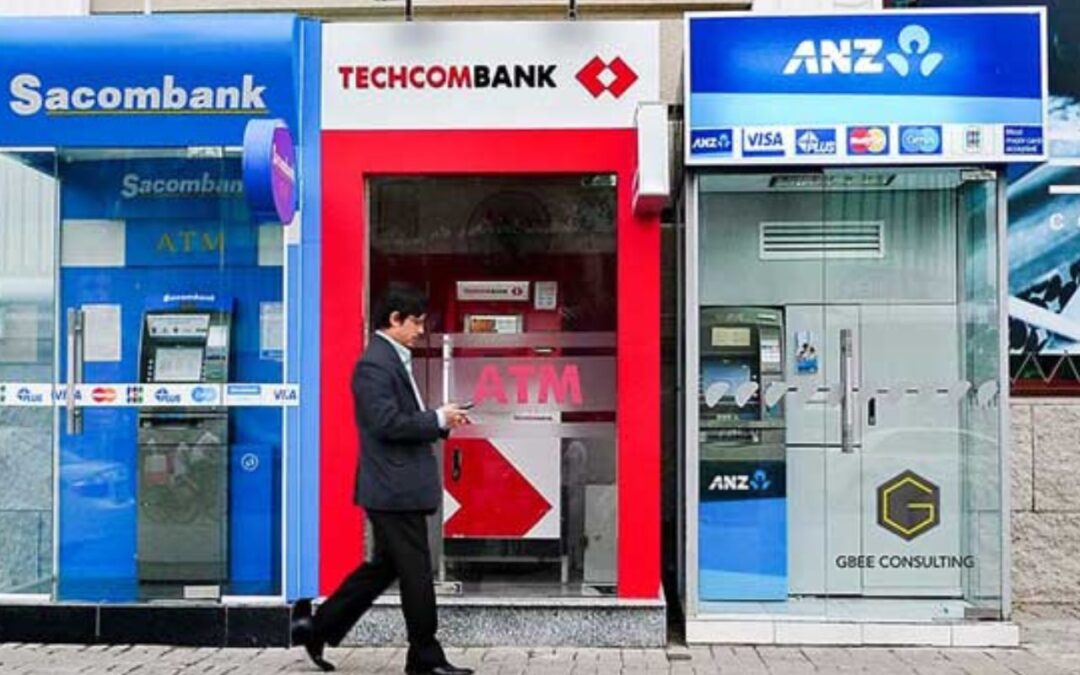Synopsis– Vietnam has begun shutting down 86 million bank accounts that failed to meet new biometric verification rules. Reports from media outlets like Vietnam+ confirmed the closures started on September 1. At the same time, another 113 million accounts were successfully verified. Officials said the measure aims to prevent fraud and money laundering. The State Bank of Vietnam requires customers to complete facial biometric checks, including identity verification for large online transfers.
The regulation restricts access to funds for those unable to comply. Foreign residents appear to be affected the most, particularly those with inactive or abandoned accounts. This move has stirred intense debate, pushing Bitcoin advocates to highlight the risks of state-controlled finance.
Frustration Among Foreign Residents
A Reddit user known as “Yukzor,” a former foreign contractor in Vietnam, described his struggle with the rule. He explained needing to fly back into the country in person to save his HSBC account. According to him, remote updates were not an option.
He called the situation absurd, saying that in 2025 a system still forces people to board a plane to access money. He warned that his account would close without biometric verification this month, leaving him stranded.
Other foreigners with forgotten accounts face the same hardship. Herbert Sim, known in the crypto world as the “Bitcoin Man,” said the rule especially impacts such groups. He noted that technologies like OTPs and phone-linked banking were creating big obstacles without in-person verification.
Bitcoin Advocates Say ‘This Is Why We Bitcoin’
Bitcoin advocates reacted quickly. Industry commentator Marty Bent warned that people could lose their savings if they failed to comply by September 30. He insisted this crisis showed why Bitcoin provides an escape from government-imposed financial restrictions.
Bent stressed that capital control measures have appeared worldwide, from Lebanon to Nigeria and India. Believing Vietnam will be the last example would be short-sighted, he added. Fellow advocate Daniel Batten claimed the regulation gave Vietnam’s central bank next-level financial surveillance power.
Supporters argued Bitcoin remains a permissionless alternative immune from sudden government decisions. “Once you use Bitcoin as your bank, you don’t need to fear state dictates,” Bent wrote. For many in the crypto space, Vietnam’s move became another strong case to embrace digital currencies.
Why Vietnam Turned to Biometrics
Authorities say the biometric enforcement is a response to rising fraud. Criminals have begun using generative AI tools to bypass liveness detection and other security checks. In May, police dismantled an AI-driven money laundering network worth around 1 trillion Vietnamese dong ($39 million).
To prevent similar cases, Vietnam made first-time biometric verification and repeated checks mandatory. Customers must authenticate their identity for transfers above 10 million dong ($379). Combined transactions exceeding 20 million dong ($758) also need biometric screening.
Despite the sweeping changes, one Vietnam-based crypto executive suggested the impact may not be as severe as outsiders believe. He said most people in the country had already updated their accounts, while international users struggled the most. Local outrage, he argued, was not strong.
For now, Vietnam’s crackdown reflects how states worldwide balance financial safety with intrusive controls. For Bitcoin promoters, however, the closures provided another rallying cry reminding people that personal control over money remains fragile.
Written By Fazal Ul Vahab C H





